
Citizen-Centered Governance
Ineffective governance and weak institutions are at the root of global threats to democracy, including entrenched corruption, the rise of authoritarianism, and protracted conflict. The International Republican Institute (IRI) combats these trends and strengthens democracy worldwide by deploying approaches that enhance citizens’ ability to meaningfully participate in government planning and decision-making, while helping those in office respond to citizen needs with accountability and transparency.
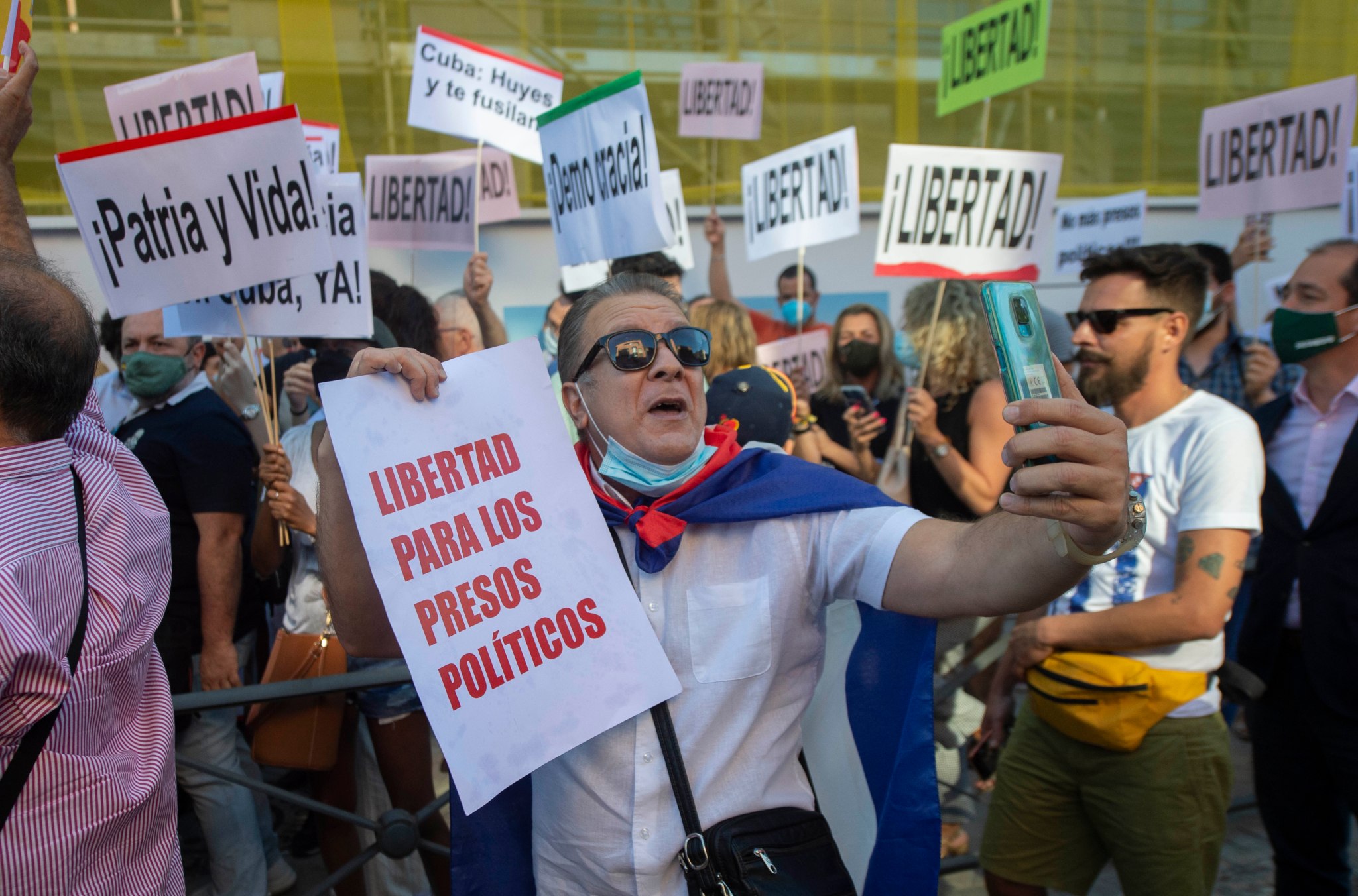
Governance must deliver at all levels for democracy to remain strong. IRI promotes citizen-centered governance by supporting the development of institutions and processes that are informed by citizens’ views and address peoples’ needs. The Institute has implemented hundreds of governance programs in more than 100 countries, assisting government officials and civil society alike in bolstering transparency and promoting accountability.
IRI’s citizen-centered governance portfolio includes work on fighting corruption and kleptocracy; promoting open governing systems; strengthening independent legislatures; and improving subnational governance.
Corruption hinders citizen-centered governance by reducing trust in government and inhibiting its ability to efficiently respond to the needs of constituents. In addition, kleptocrats taking undue control of valuable public resources undermine democracy by amassing vast sums of influence and wealth. Because of this, IRI takes a “whole of society” approach to anti-corruption and fighting kleptocracy that combines long-standing in-country partnerships with evidence-based tools to promote sustainable accountability mechanisms. Working with governmental and non-governmental partners, IRI leverages its political expertise and regional knowledge to devise and execute actionable solutions that reduce vulnerabilities to corruption and foster participation, collaboration, and improved service delivery. IRI also equips activists, civil society organizations (CSOs), and journalists with practical guides and tools that enable them to understand and respond to global trends in corruption and kleptocratic tactics.
Through programming designed to work with governments and civil society, IRI emphasizes the key principles of open government: transparency, accountability, and participation, with a focus on accessibility, equity, and inclusiveness. IRI works with public officials to implement measures that make their respective governments more open and their processes more transparent as well as trains elected representatives to respond to citizens’ needs and improve service delivery. The Institute enables citizens to have a direct say in government through participatory budgeting and other social accountability and deliberative democracy mechanisms.
IRI’s legislative strengthening work enhances the ability of legislatures and legislators to act on their constituents’ needs by bolstering institutional resources, building political party capabilities, and increasing the technical competence of legislators and staff. The Institute increases connectivity between legislatures and citizens and deepens the inclusion of citizens in the decision-making process. When needed, our programs build political will to align incentives to strengthen democratic practices within government bodies.
Anti-Corruption and Kleptocracy
IRI addresses corruption through a three-step process. First, we conduct rigorous analysis of the local context, based on proven methodologies. Second, through the Vulnerabilities to Corruption Approach (VCA), the Institute assesses weaknesses in local governance and supports public officials and civil society in the design and implementation of context-specific responses to improve transparency. Third, IRI then leverages our extensive relationships with stakeholders to build trust and receptiveness to anti-corruption reforms.
Constant innovation is essential to staying ahead of kleptocrats and combatting corruption. To address this gap and equip local partners, the Institute conducts original research on tactics used by corrupt actors and tests and scales proven approaches to counter them. Through this work, IRI produces cutting-edge research products and tools aimed at development practitioners and stakeholders on the ground.
IRI’s Kleptocrat’s Playbook systematically catalogues tactics that kleptocrats deploy to strategically expand opportunities for public resource theft and to suppress civil society efforts to expose and counter kleptocracy. It helps activists, journalists, CSOs, and policy makers to better anticipate, identify, and counter kleptocrats at home and abroad. Our Anti-Corruption Toolkit for Civic Activists is designed to further increase their capacity to conduct anti-corruption research, build alliances, develop a successful reform agenda, and leverage relationships with the media.
Open Government, Transparency, and Accountability
Democratic governance distinguishes a system of government in which citizens meaningfully participate in planning and decision-making, while those in office exercise accountable responsiveness to citizen needs. IRI programs provide technical expertise and facilitate initiatives, led by the government and civil society, aimed at establishing and improving open government practices. In Panama, for example, IRI is helping improve the quality of and use of data in public procurement. Recently, IRI trained the Armenian government to improve its response to the COVID-19 pandemic. In addition, IRI works with demand side actors and trains CSOs and citizens to effectively engage with the government offices and elected representatives to channel public demands and demand accountability, including through citizen budgets and participatory budgeting.
IRI works with partner organizations, including the Open Government Partnership (OGP) and leverages support to governments and hundreds of CSOs in their efforts to create transparent, participatory, inclusive, and accountable governments. For example, in the Middle East and North Africa region, IRI is working to build stronger links between local and national governments through boosting public awareness about open government reforms, including access to government data and helping with peer-to-peer engagement of CSOs.
Legislative Strengthening
Legislative strengthening provides tools and resources for legislatures in any stage of their democratic journey and delivers resources for all levels, from local to national. As co-implementer of the House Democracy Partnership (HDP) and the Institute for Representative Government (IRG), IRI is one of the leading organizations in supporting legislative strengthening. Since its creation more than 15 years ago, HDP has contributed to the legislative institutional development of 22 partner parliaments and trained thousands of legislators and legislative staff, while IRG has conducted almost 100 programs for nearly 1,000 foreign legislators and officials from all over the world.
IRI bolsters the abilities, capacities, and independence of legislatures through technical assistance that supports legislators in fulfilling their policymaking, budgetary, oversight, and representational roles for the benefit of their constituents. At its core, legislative strengthening encourages and enables legislatures to take their rightful place as a co-equal branch of government providing a check on the executive branch. Through a partnership model, IRI’s programs create a network of partners committed to emphasizing the role of parliament in democratic governance.
Subnational Governance
IRI builds the capacity of local government officials and CSOs to generate more accessible, accountable, effective, equitable, responsive, and transparent subnational governments. Through extensive research on capacities of local governments and officials, from North Macedonia to Ukraine to Tunisia, IRI implements customized programs that address the capacity development needs of subnational institutions. IRI then supports civil society efforts to demand accountability from subnational governments by carrying out civic awareness campaigns, developing context-tailored toolkits to improve the understanding and functioning of local governments, and connecting citizens with their immediate representatives to better engage in conversations related to improving service delivery.
Technical Experts

Katya
Director for Democracy, Rights, and Governance (DRG) Technical Leadership
Stephen B.
Nix, Esq.
Senior Director, Eurasia

Rima
Kawas
Senior Regional Advisor, Middle East & North Africa Senior Advisor, IRI Strategic Initiatives

Antonio
Garrastazu
Senior Director, Latin America and the Caribbean

Jorge
Ceballos
Program Director, El Salvador

Michael
Druckman
Senior Advisor
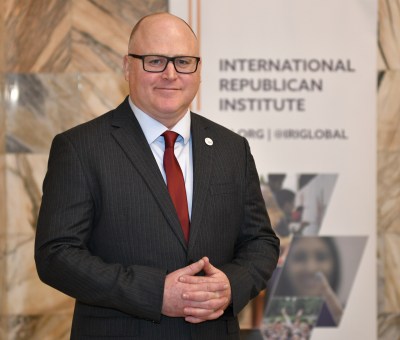
James
De Witt
Program Director, Armenia

Craig
Castagna
Program Director, Mongolia
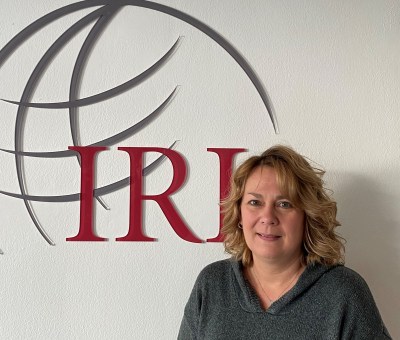
Andrea
Keerbs
Program Director, Hungary
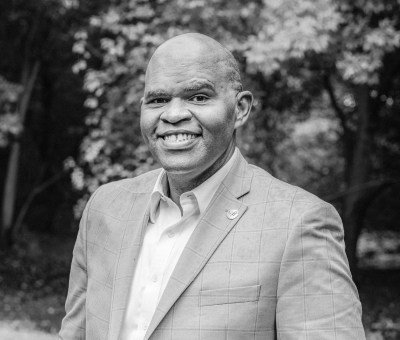
Sentell F.
Barnes
Program Director, Tanzania

Erin
McMenamin
Senior Program Manager, Legislative Strengthening
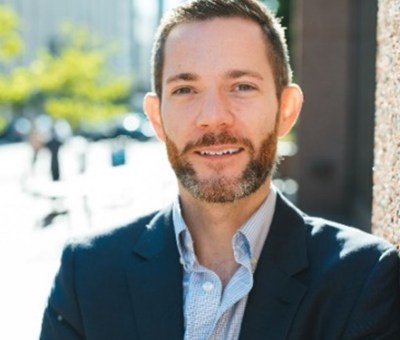
Brian R.
Braun
Resident Program Director, Sri Lanka

J. John
Fluharty
Resident Program Director, Albania

Brett
Sidelinger
Resident Program Director, Maldives

Jessica
Findley
Resident Program Director, Iraq
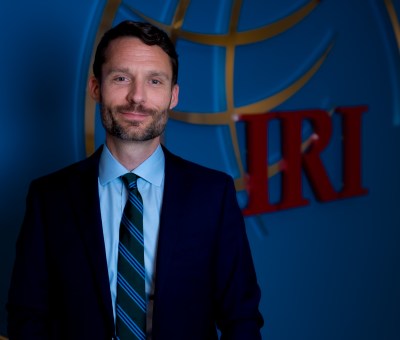
Patrick
Quirk, PhD
Vice President for Strategy, Innovation, and Impact

Jared
Ford
Director, Technology and Democracy
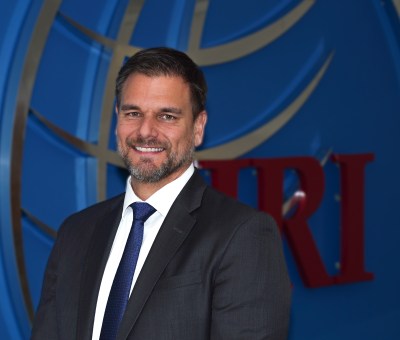
Will
Meeker
Senior Director, Africa
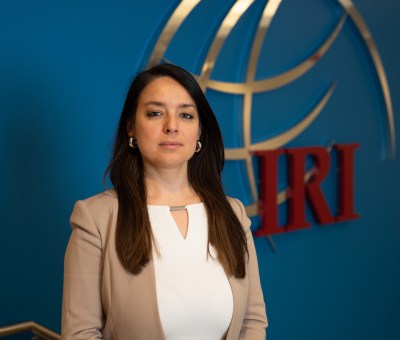
Ilina
Mangova
Regional Advisor, Europe
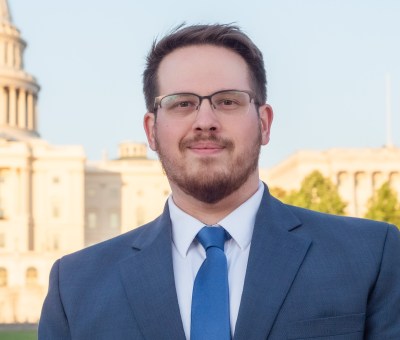
Brian
Zupruk
Legal and Operations Advisor

Utpal
Misra
Senior Governance Manager, Center for Global Impact
Latest News
International Anti-Corruption Day 2024: Reaffirmin…
Corruption is a major crippling affliction of democracy, even decades after the international community recognized it as a threat and…

Focusing on What Works for International Anti-Corr…
Corruption is a highly complex threat to democratic governance worldwide, but one that to an extent can be addressed via…

Talk to Me! IRI’s Civic Education Programming in T…
On a small island off Australia’s northern coast, 1.3 million Timorese citizens continue to build a vibrant democratic society, working…

Challenges in the Amazon Basin: Environment, Secur…
Environmental damage, climate change, insecurity, inequality, and poverty are some of the many challenges faced by people living in the…

Encouraging Local Government Transparency in Monte…
In Montenegro, municipal government administrations struggled to make their decision-making processes transparent, leaving citizens with unanswered questions about how decisions…
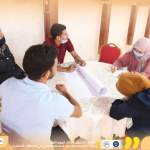
Ensuring Responsive Government Decision-Making in …
Morocco’s political institutions have not been responsive to or inclusive of youth, leaving Moroccan youth feeling disengaged and unrepresented in…

HDP Alumni Profile: Shqipe Krasniqi
The House Democracy Partnership (HDP) is a bipartisan commission of the U.S. House of Representatives that works directly with over…
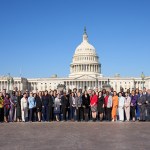
A Year of Legislative Strengthening
For the first time in over twenty years, authoritarian governments outnumber liberal democracies, according to a Varieties of Democracy Institute…

Peace in Sudan: A Path Towards Negotiation…
Since the breakout of war between the Sudanese Armed Forces (SAF) and the paramilitary group, the Rapid Support Forces (RSF)…

Western Balkans Task Force: 2023 in Review…
Russian and Chinese influence in the Western Balkans continued to undermine regional stability in 2023. Chinese investments – particularly in…
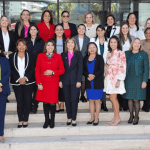
HDP Alumni Profile: Flor Pablo Medina
The House Democracy Partnership (HDP) is a bipartisan commission of the U.S. House of Representatives that works directly with over…
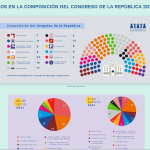
A Virtual Window to Peru’s Congress
Citizens’ ability to be informed and engaged with their elected authorities requires tools that allow them to have accurate and…
Latest Resources

Beneficial Ownership Transparency: A Roadmap for C…
Cross-border flows of dark money are the greatest corruption challenge of our time. Secretive entity ownership structures and shell companies…
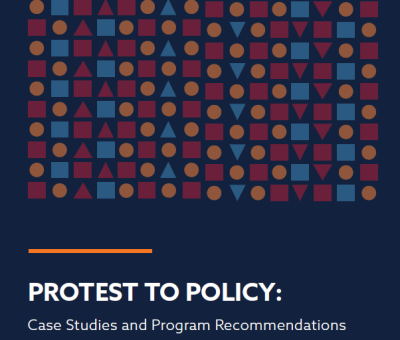
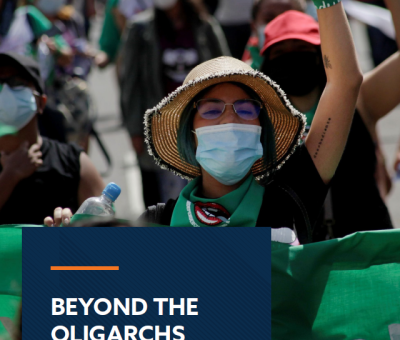
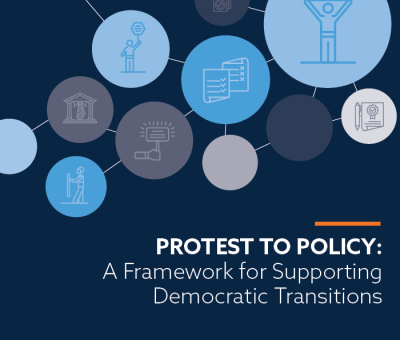
Protest to Policy: A Framework for Supporting Demo…
Democracy activists and their international partners seek to increase democratic accountability by supporting the stakeholders who channel citizen interests into…
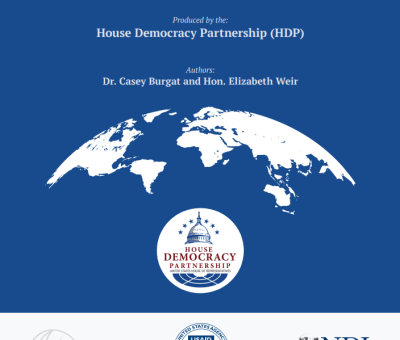
HDP Global New Member Orientation Guide
The International Republican Institute (IRI), in partnership with the National Democratic Institute (NDI), produced a House Democracy Partnership (HDP) Global…
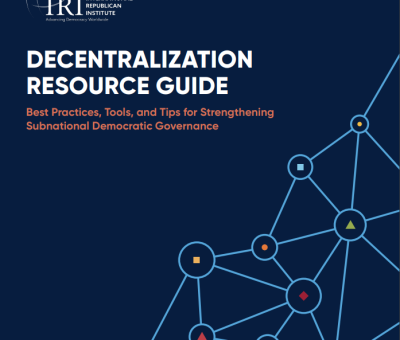
Networks Field Guide
Building and supporting networks is central to the advancement of democracy, expansion of human rights, and establishment of good governance.…
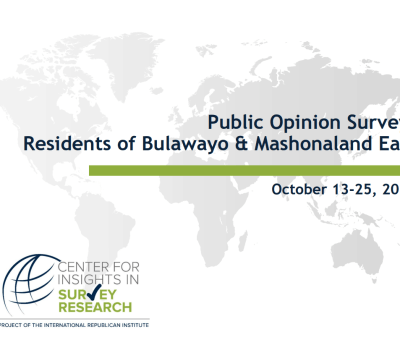
Public Opinion Survey: Residents of Bulawayo &…
Harare, Zimbabwe – A new poll conducted by the International Republican Institute’s (IRI) Center for Insights in Survey Research in the provinces of…
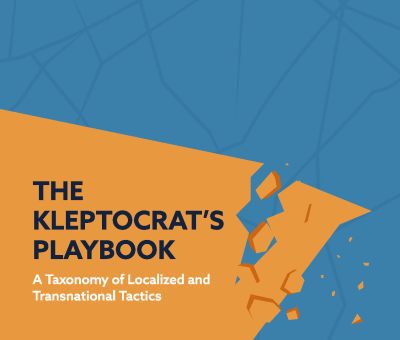
The Kleptocrat’s Playbook: A Taxonomy of Localized…
For decades, policymakers have overlooked the threat to security, prosperity and democracy posed by transnational corruption and global kleptocracy. These…
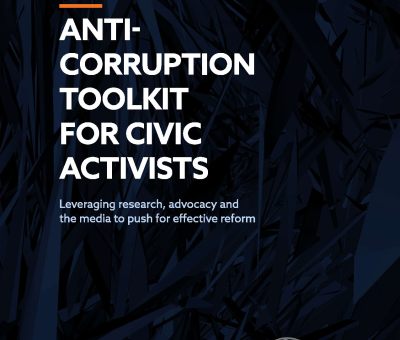
Anti-Corruption Toolkit for Civic Activists…
Grand corruption increases poverty and social inequality, enables human rights violations and exacerbates economic underdevelopment. Widespread corruption also undermines faith…
IRI Kosovo Poll Shows Strong Desire Among Youth to…
Pristina, Kosovo – A nationwide poll in Kosovo by the International Republican Institute’s (IRI) Center for Insights in Survey Research shows a strong desire among young Kosovars to leave the country as…
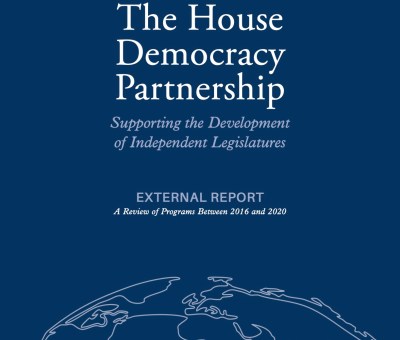
The House Democracy Partnership: Supporting the De…
Executive Summary The House Democracy Partnership (HDP) is a bipartisan commission of the U.S. House of Representatives chaired by Representative…